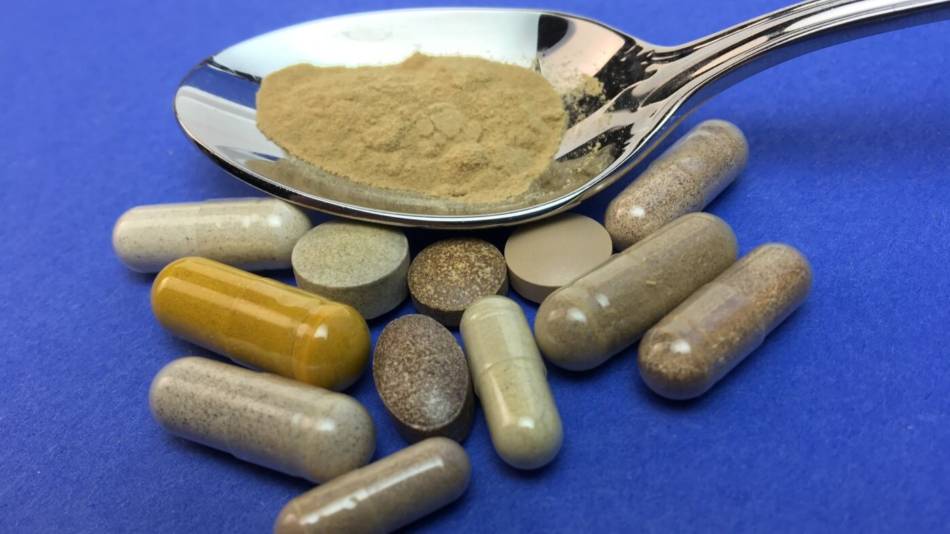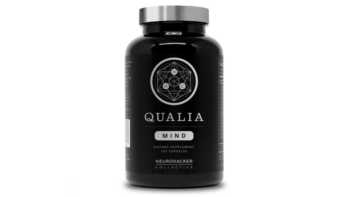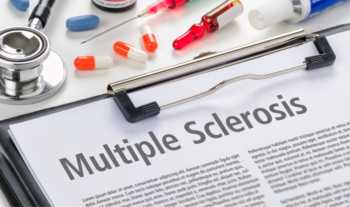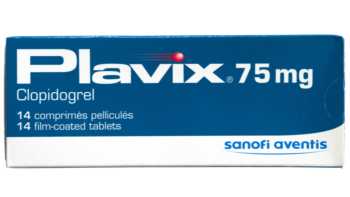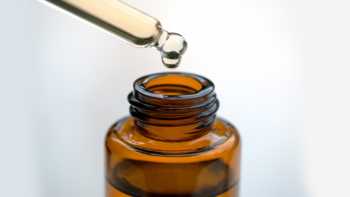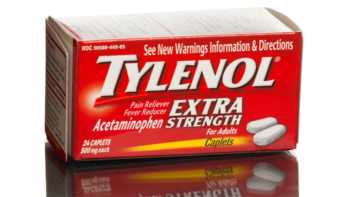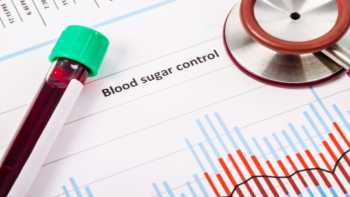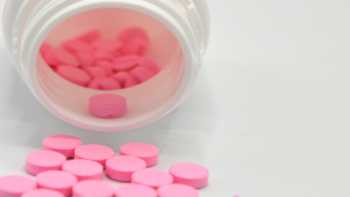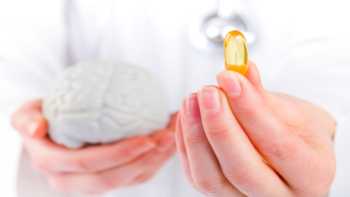Summary
-
What is ginkgo?
Ginkgo supplements contain leaf extracts of the Ginkgo biloba tree, but there is concern over the quality of extracts due to reported adulteration. (See What It Is).
-
Do ginkgo supplements work?
Preliminary evidence suggests that ginkgo may modestly improve limited aspects of memory and cognition in healthy individuals, but stronger evidence indicates no significant benefit from ginkgo in preventing or treating Alzheimer's disease or other dementias. Preliminary evidence suggests ginkgo may be helpful in other conditions such as vertigo, intermittent claudication and Raynaud's disease. (See What It Does).
-
What did CL's tests of ginkgo find?
Only 4 of the 10 popular ginkgo supplements ConsumerLab.com selected for testing were "Approved" in testing. An additional three products tested through CL's voluntary Quality Certification Program were also "Approved."
-
Problems with ginkgo:
One product was discovered to contain no more than 3% of its listed amount of ginkgo extract. Several others appear to be have been adulterated ("spiked") with compounds from plants other than ginkgo — a common trick to make low-quality ginkgo appear to be higher in quality. (See What CL Found and use the Results table).

Best Ginkgo biloba supplement?
Among the "Approved" products, ConsumerLab chose its Top Pick based on quality, dosage, and value: The product costs only 9 cents per 120 mg dose, while other "Approved" products cost two to thirty times as much for the same amount of ginkgo extract.-
What to look for in ginkgo supplements?
Ginkgo biloba (leaf) extracts used in clinical trials are typically standardized to contain 24% flavonol glycosides and 6% terpene lactones -- look for this on labels (but don't trust it unless it's been tested by a reputable 3rd party). (See ConsumerTips™).
-
Safety and side effects of ginkgo:
Ginkgo is generally safe but can cause mild side effects. However, people with bleeding disorders, on blood-thinners or diabetes medication, and those trying to conceive should not take ginkgo. For details, see Concerns and Cautions.
+— 24 sources
In addition the results of its expert testing, ConsumerLab uses only high-quality, evidence based, information sources. These sources include peer-reviewed studies and information from agencies such as the FDA and USDA, and the National Academy of Medicine. On evolving topics, studies from pre-print journals may be sourced. All of our content is reviewed by medical doctors and doctoral-level experts in pharmacology, toxicology, and chemistry. We continually update and medically review our information to keep our content trustworthy, accurate, and reliable. The following sources are referenced in this article:
- Birks, Cochrane Database 2007
- DeKosky 2008, JAMA
- Snitz 2009, JAMA
- Kaschel, Phytomed 2011
- Laws, Human Psychopharm 2012
- Chen, Phytother Res 2024
- Beck, Hum Psychopharmacol 2016
- Haguenauer, Press Med 1986
- Cesarani, Adv Ther 1998
- Muir, Vasc Med 2002
- Numan, Trop J Pharm Res 2016
- Price, Neurology 2022
- LaGuinn, JAMA Otolaryngol Head Neck Surg 2025
- Sereda, Cochrane Database Syst Rev 2022
- Chauhan, J Audiol Otol 2023
- Gaffner, American Botanical Council 2018
- Little, Genome 2014
- FDA, 2011
- Cohen, J Clin Aesthet Dermatol 2017
- Yuste, Actas Dermosifiliogr 2005
- Hamilton, Intern Med J 2019
- Amir, Aust Fam Physician 2011
- NTP 2013
- Gawron-Gzella, Acta Pol Pharm 2010
You must
be a ConsumerLab.com member to get the full test results along with ConsumerLab.com's
Top Picks and
ConsumerTips on how to choose and use ginkgo supplements. You'll get results for 13 supplements: 10 selected by ConsumerLab.com and three that passed the same testing in our voluntary Quality Certification Program.
You'll get all of the following information about
Ginkgo biloba supplements in this comprehensive review:

 Which ginkgo supplements passed or failed testing, and which is ConsumerLab.com's Top Pick for best quality, dose, and value
Which ginkgo supplements passed or failed testing, and which is ConsumerLab.com's Top Pick for best quality, dose, and value How ginkgo supplements compare on quality, ingredients, and cost
How ginkgo supplements compare on quality, ingredients, and cost The clinical evidence for ginkgo: what it can and cannot do for your health
The clinical evidence for ginkgo: what it can and cannot do for your health
 What to look for on labels, including amounts of key ginkgo compounds (flavonol glycosides and terpene lactones)
What to look for on labels, including amounts of key ginkgo compounds (flavonol glycosides and terpene lactones) Ginkgo dosage for memory, intermittent claudication, Reynaud's syndrome, tension glaucoma, and PMS
Ginkgo dosage for memory, intermittent claudication, Reynaud's syndrome, tension glaucoma, and PMS Concerns, drug interactions, and potential side-effects of ginkgo
Concerns, drug interactions, and potential side-effects of ginkgo
As a ConsumerLab.com member, you may print a copy of this report for your personal use.
You can access a special print version by clicking the "Print" icon in the upper right corner of this report.
You can then use your web browser's print functions to print the whole report or just selected pages.
You may also email or post a link to this report using the web address above.
Non-members using the link will see a free summary and can join to view the full report.
Other means of copying or distributing this report, in part or full, are not permitted.
If you are sight-impaired and your computer is having trouble converting the text in this report to speech,
contact us for assistance at Membership@ConsumerLab.com or by
phone at 914-722-9149.

